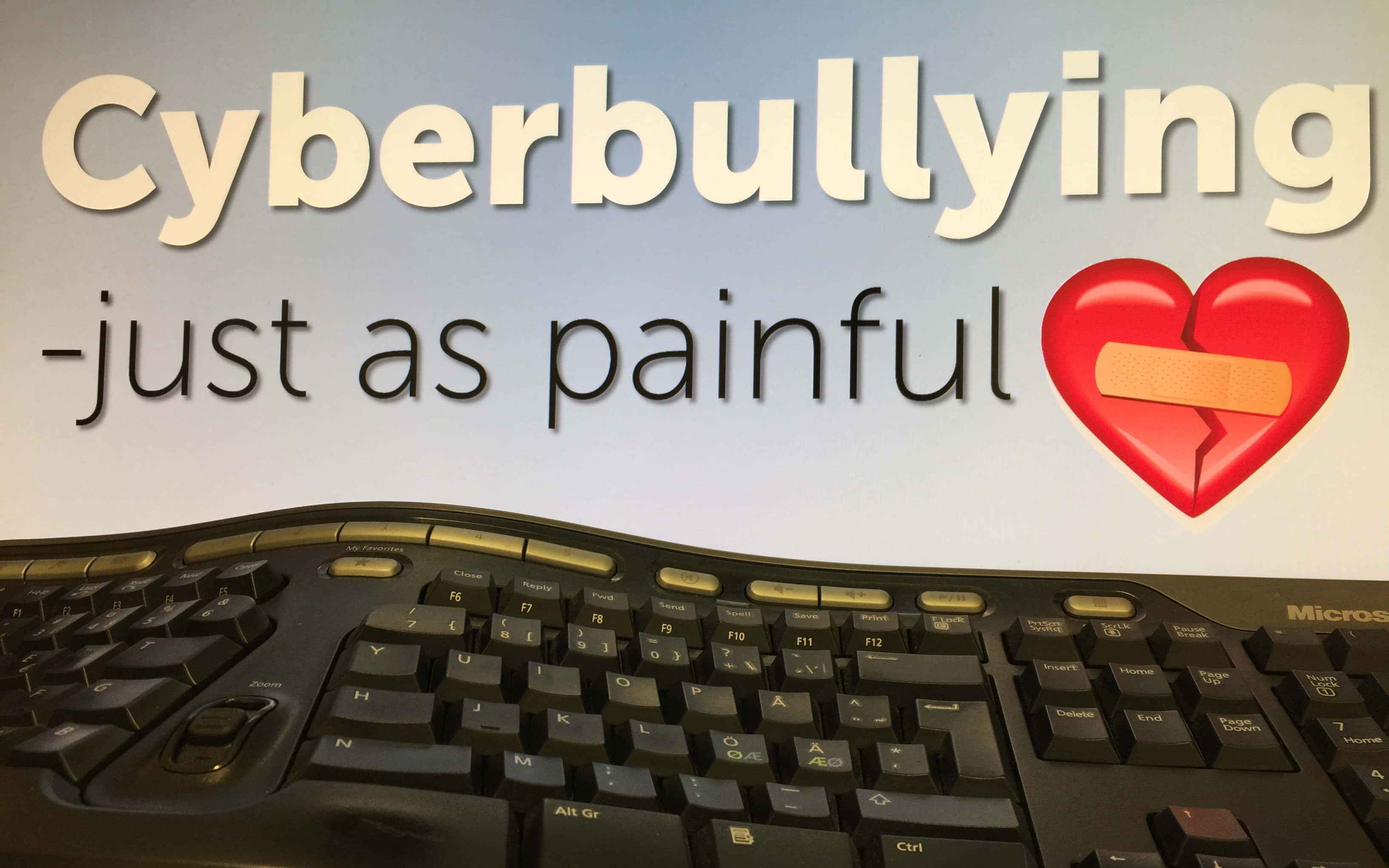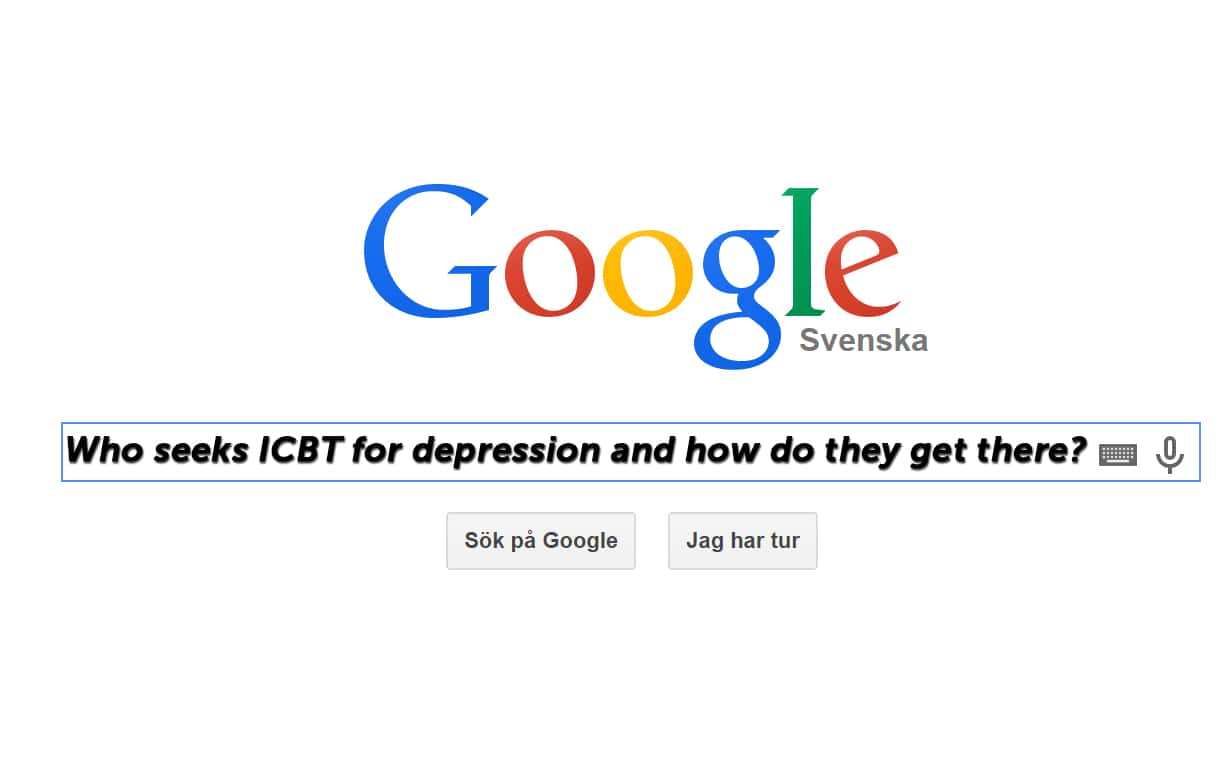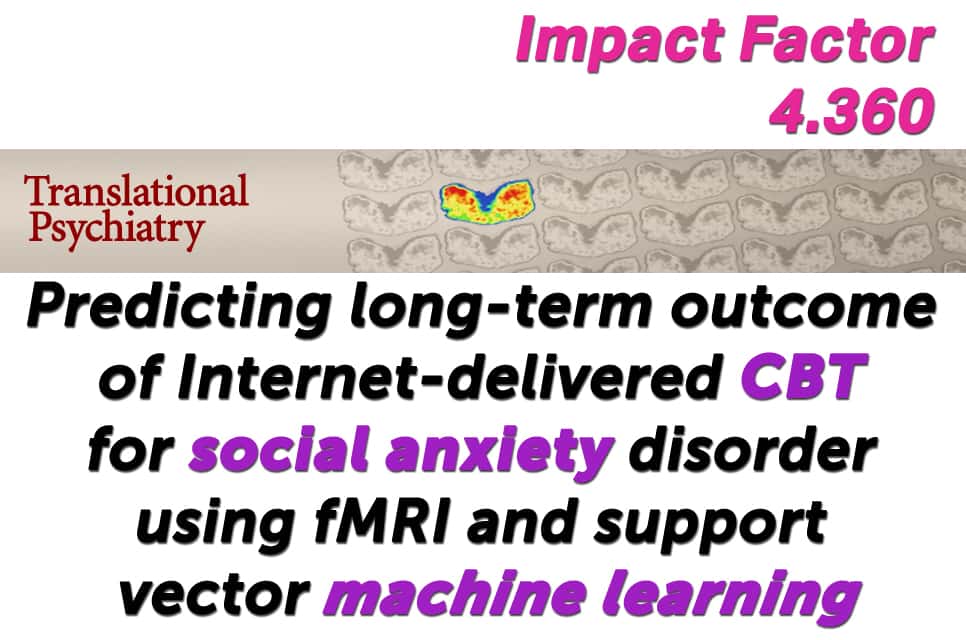Stepped care versus face-to–face CBT for panic disorder and social anxiety disorder
Today a manuscript entitled “Stepped care versus face-to–face cognitive behavior therapy for panic disorder and social anxiety disorder: Predictors and moderators of outcome” was published in the journal Behaviour Research and Therapy. In that paper we wanted to investigate predictors and moderators of treatment outcome by comparing immediate face-to-face cognitive behavioral therapy (FtF-CBT) to a Stepped … Läs mer!










